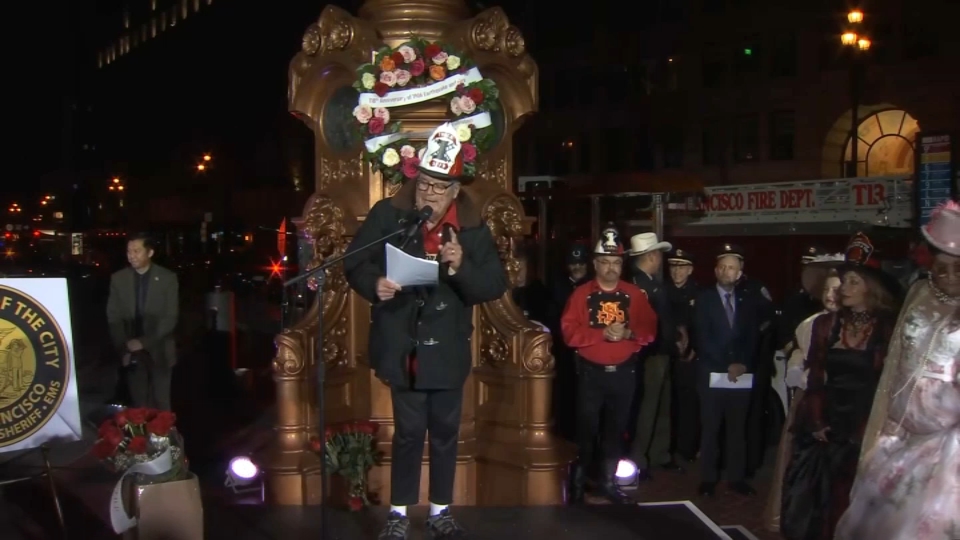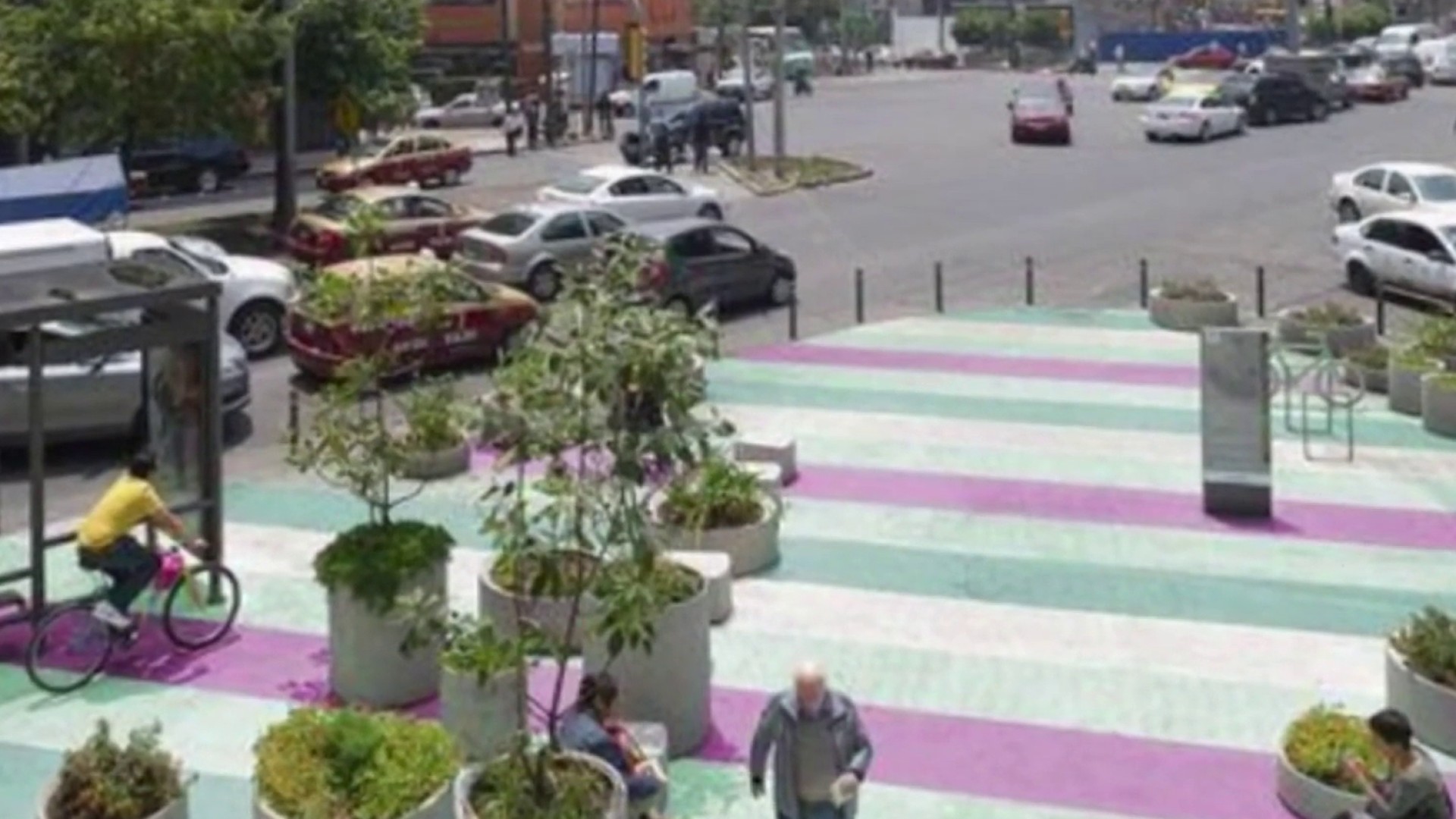Mountain View, Santa Clara and Morgan Hill residents will vote on cannabis business taxes on Election Day in preparation for city legislation that could legalize the sale and cultivation of marijuana.
The proposed tax varies slightly in each city, but all three would direct the revenue into public services like police, emergency services and infrastructure repair.
Santa Clara and Morgan Hill both propose a 10 percent tax on gross receipts, with Santa Clara pushing for $25 per square foot and Morgan Hill asking for $10 per square foot of canopy area, rather than square footage alone. Mountain View proposes the lowest maximum tax, at 9 percent of gross receipts from cannabis business alone.
According to city analyses, Santa Clara's tax could bring in revenue of $2.2 million, Mountain View's about $1 million and Morgan Hill's between $340,000 and $750,000 annually. All three measures would require a simple majority, or more than 50 percent, to pass.
Santa Clara Vice Mayor Kathy Watanabe said Santa Clara looked to many other cities, like San Jose and smaller locations like La Mesa in Southern California, to determine a fair tax.
Watanabe said the tax is just a starting point to determine the role of cannabis in Santa Clara's economy, but stressed the measure isn't intended to help the industry grow.
"We don't want to see it take over the city," Watanabe said, explaining that Santa Clara has no intention of encouraging a thriving cannabis industry. "It's not something that we're anticipating that everybody is going to be using."
Local
Polling numbers in Santa Clara have shown over 70 percent of residents approve of the tax, according to Watanabe. "This will help us now, but frankly, I don't see that the residents of Santa Clara would want to see more than three or four shops where cannabis will be available for sale."
Neither Santa Clara nor Morgan Hill received official arguments opposing the cannabis business taxes, but an argument submitted in Mountain View claims the tax would encourage the sale and expand the presence of cannabis.
Mayor Lenny Siegel said the opposing argument does not represent the opinions of Mountain View residents, a majority of whom voted in favor of legalizing cannabis in the state. He said the main issue is a black market for marijuana, which regulated sales would combat.
"Personally, I think the market will set the limit," Siegel said, explaining that cannabis businesses will likely open up elsewhere as neighboring cities begin making room for dispensaries.
The city approved both storefronts and delivery services at a meeting on Oct. 3 and the approval process for permits will coincide with the passage of the tax, if voters approve it next month.
The two dispensaries approved so far will be located away from schools in industrial and commercial zones, such as Downtown Mountain View and northern parts of the city.
Unlike Morgan Hill and Santa Clara, Mountain View hasn't proposed a tax on cultivation. Siegel said there won't be any cultivation because the city is landlocked and has no remaining room for growing operations or nurseries. Mountain View city officials will return to the table in late October to move forward with plans for the new dispensaries.



